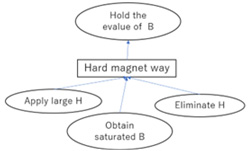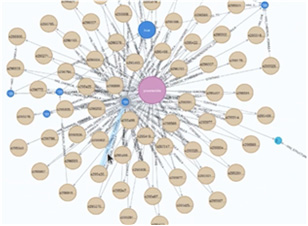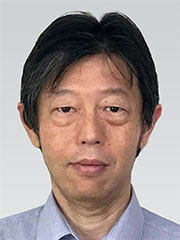Joint Workshop LANL/NIMS Quantum and Functional Materials and MANA International Symposium 2024
Session 4-2
Abstract
Interdisciplinary research utilizing data-driven approaches has become increasingly common. However, understanding research from other fields can be time-consuming, and many researchers may struggle to advance such studies. If there were methods to summarize and present knowledge and methodologies in an easily comprehensible format, interdisciplinary research could be further accelerated. In this presentation, I will introduce a study that uses functional decomposition trees and ontologies to summarize knowledge through diagrams.
A functional decomposition tree is a goal-oriented diagrammatic method that breaks down "how to achieve" (methods) into "what to achieve" (functions) and describes them in simple natural language. A function may be achieved through multiple methods, resulting in a tree or network structure. As an application example, I will introduce cases in materials science where vocabularies, programs, and literature have been hierarchically described and summarized.
A functional decomposition tree is a goal-oriented diagrammatic method that breaks down "how to achieve" (methods) into "what to achieve" (functions) and describes them in simple natural language. A function may be achieved through multiple methods, resulting in a tree or network structure. As an application example, I will introduce cases in materials science where vocabularies, programs, and literature have been hierarchically described and summarized.
Real-world databases used in data-driven research are not immediately suitable for machine learning applications. In this presentation, I will introduce a system that uses ontologies and graph databases to transform such 'messy' databases into a unified and easily navigable format for utilization. This system enables data to be more accessible and organized both during and after the creation of transformation functions.


Reference
- Hiori Kino, Hieu-Chi Dam, Takashi Miyake, Riichiro Mizoguchi, arXiv:2205.00829v1 (2022). DOI:10.48550/arXiv.2205.00829
- Hiori Kino, et al., in preparation.

